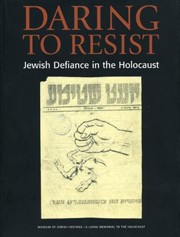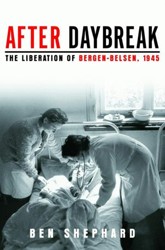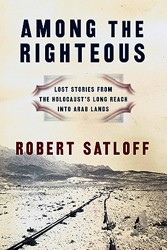In May 1945, in the aftermath of the Second World War, the first British War Crimes Investigation Team is assembled to hunt down the senior Nazi officials responsible for planning and implementing some of the worst atrocities the world has ever seen. One of the lead investigators was Lieutenant Hanns Alexander, a German Jew who had fled Berlin in the 1930s and found refuge in England. He was now serving in the British army. Rudolf Hoss was one of his most important and elusive targets: as Kommandant of Auschwitz, Hӧss oversaw the transformation of Auschwitz-Birkenau from an old army barracks in Poland to a killing factory of unprecedented efficiency and brutality. By the end of the war, 1.1 million Jews had been killed in the camp, along with 20,000 Gypsies and tens of thousands of Polish and Russian prisoners. Now Hoss is on the run and Alexander and his team are in hot pursuit.
Thomas Harding has written a riveting account of the intersection of two lives: his great-uncle, Hanns Alexander, and Kommandant Hoss. Harding only learned about Alexander’s exploits in 2006 when he heard a eulogy given at his funeral. Alexander had indeed tracked down the Kommandant of Auschwitz.
In this fascinating book based on archival materials, family letters, tape recordings, and interviews with survivors, Harding provides the first full treatment of Hoss’s capture, and he does so with perspective and nuance. Hanns and Rudolf were men with many sides to their characters; as such, this story challenges the one-dimensional portrayal of hero and villain. Hoss was certainly capable of unspeakable cruelty, but he also on occasion displayed a capacity for human feeling. In the course of following the parallel and opposing lives of these two men, Harding explores some difficult questions: How does a man become a mass murderer? Why does a victim choose to confront his persecutors? Is revenge ever justified? What does justice mean in the wake of genocide? Were Jews the powerless victims they have been portrayed to be? What happens to the families of such men? It turns out, for example, that Brigitte Hӧss, the daughter of Kommandant Hӧss, has lived in the Washington region since 1972. She has not spoken to her grandchildren about their grandfather and her son does not show much interest in the story, either.
This is a wonderful book, well-written and exciting, that provides new information about one of history’s darkest chapters and the pursuit of justice for the victims. Hoss’s testimony during interrogations and at Nuremberg was shocking in its detail and quite helpful to the prosecutors. Hoss was ultimately sent to Poland to stand trial. The trial began on March 11, 1947 and concluded on March 27 of the same year: Hoss was convicted and delivered the sentence of “death by hanging in a non-public manner within the territory of the Auschwitz camp.” The execution was carried out on April 16 on a wooden gallows a few feet from the old crematorium in Auschwitz, a fitting and ironic end to the man who oversaw the camp that has become symbolic of the Holocaust.
Related Content: Hunting Eichmann: How a Band of Survivors and a Young Spy Agency Chased Down the World’s Most Notorious Nazi




